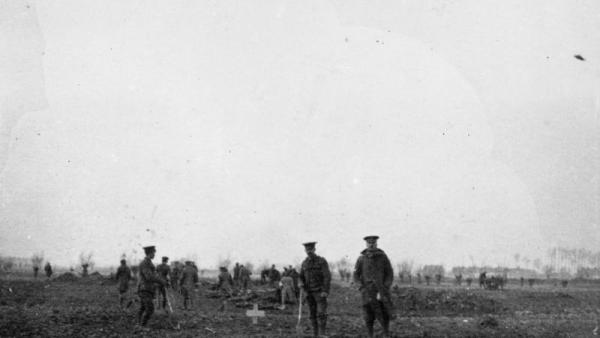John F. Kennedy once said that what unites Americans and Canadians is far greater than what divides us. Try telling that to the writers behind the animated television series "South Park." In one episode, Canada is portrayed as a mysterious land similar to Oz. The Academy Award-nominated song...
Politics and History
In 1914, over the week leading up to Christmas day, the opposing troops sang carols to each other, played ball and exchanged gifts, in spite of their generals’ wishes. Historian Stanley Weintraub says that the Christmas Truce was a one-time-only event.
Jacqueline Plumez tells Steve Paulson that every caring woman has greater strength than she imagines and gives some examples of "mother power" in action, from MADD to the Mall of America.
Lauren Weedman grew up knowing she was adopted. When she became a teenager, she decided she wanted to meet her birth mother, but the hospital records were sealed and the search seemed hopeless. Then Lauren’s mom got in on the act, and today Lauren has two moms – and a one woman show...
On Christmas Eve of 1914, German soldiers in the Flanders trenches lit candles on small Christmas trees. British, French, Belgian and German troops serenaded each other with songs. Soon enemy soldiers broke bread with each other and exchanged letters. In this hour of To the...
Sometimes you can’t separate beauty from brutality in the African bush. Safari guide Mark Ross is still figuring it out. In 1999, Ross and a group of tourists were kidnaped by Rwandan rebels. What happened that day changed the rest of his life. Next time on To the Best of Our...
A collection of all of Barbara Ehrenreich's interviews on "To The Best Of Our Knowledge" over the years.
Social scientists are finding that generating happiness in your life may have less to do with an arbitrary number — like your bank account or how many Instagram followers you have — and more to do with how well you connect with the people around you.







